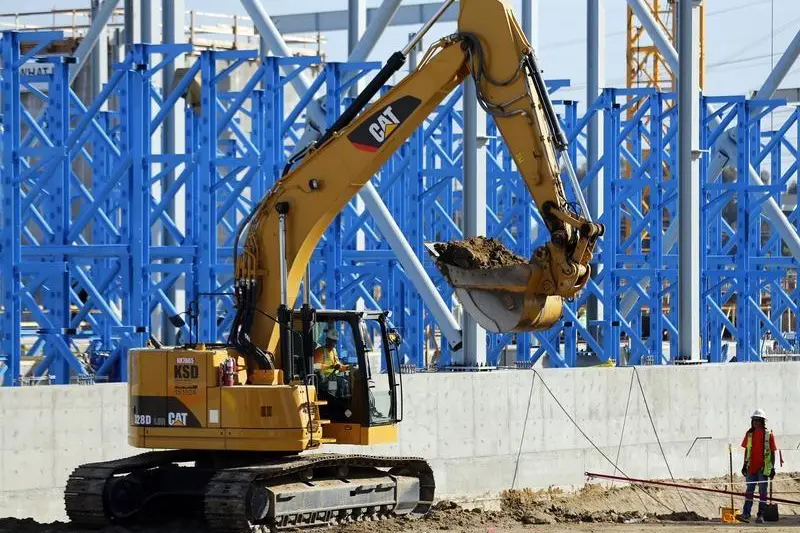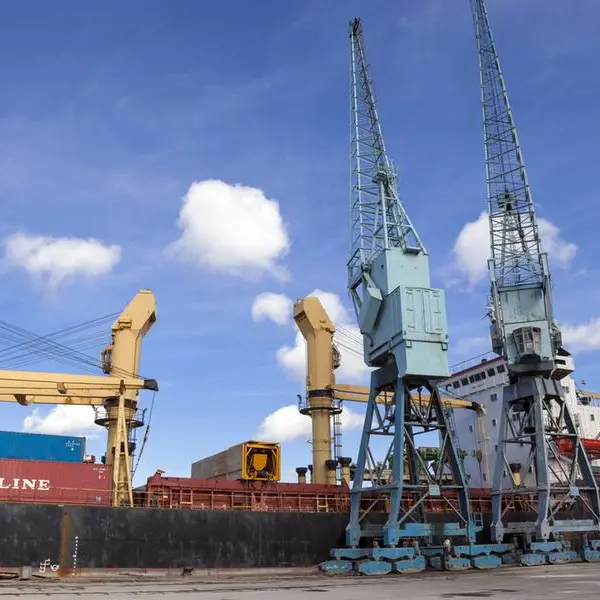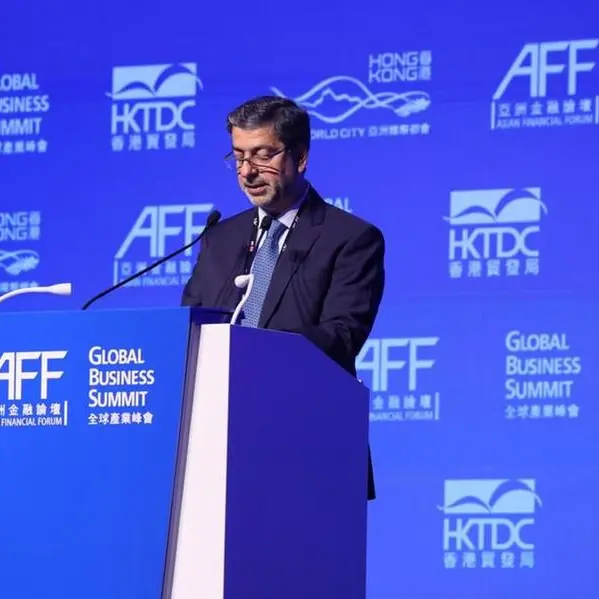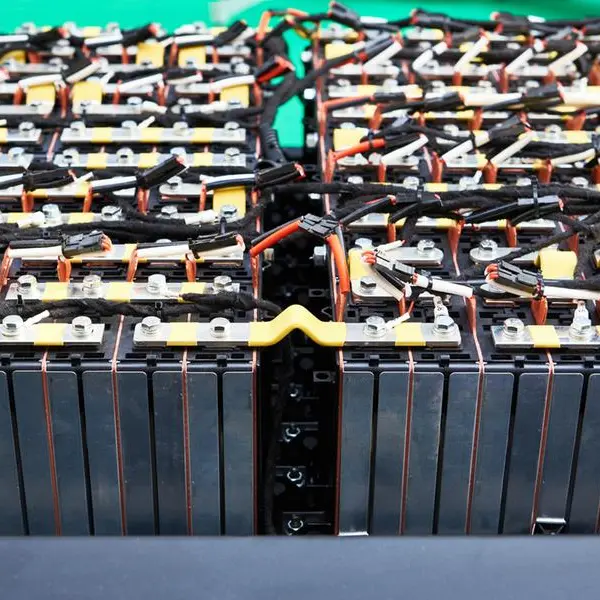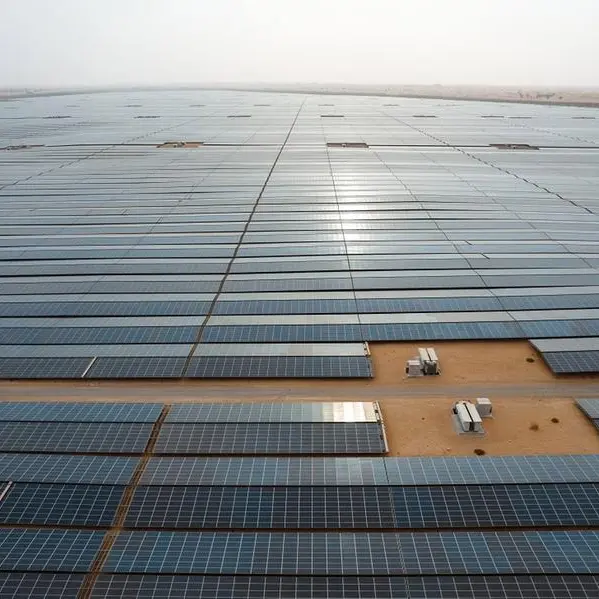PHOTO
The spill over effects of the Russia-Ukraine conflict and recurring COVID-19 outbreaks are likely to disrupt international infrastructure cooperation, as well as slow down infrastructure recovery and development in BRI countries, according to the Belt and Road Infrastructure Development Index (BRIDI) report 2022.
Increasing prices of major commodities, intermediate goods and international ocean shipping will further push up infrastructure construction costs, according to the report jointly issued by China International Contractors Association and China Export and Credit Insurance Corporation.
The global environment for infrastructure financing is likely to continue deteriorating as the "economic policies of some developed countries will make life harder for the developing world".
Bloc rivalry undermines international infrastructure cooperation, while supply chain disturbance threatens to put infrastructure projects on hold, the report stated.
In the long run, great-power games, climate change and global economic imbalance will add uncertainty to regional and international infrastructure development.
Companies will have to do a better job managing risks and selecting the target markets, as the global power shift will have a far-reaching influence on international infrastructure cooperation.
Moreover, frequent occurrences of extreme disasters such as droughts, fires and floods will require infrastructure planners of various countries to pay more attention to climate change.
"For Belt and Road infrastructure, high-quality development remains a distant future," the report noted.
Since 2021, BRI countries have improved their business and policy environment and implemented a series of infrastructure-related economic stimulus plans.
The report further said infrastructure recovery had entered its second year in BRI countries, thanks to the stimulus policies.
Saudi Arabia, Brazil, Kenya and some other countries have launched over $2 billion tender invitation plans, covering megaprojects in traditional fields (transportation and energy) and novel projects with considerable potential (hydrogen energy and seawater desalination).
The existing projects are well on track, and new starts are increasing, the report said.
Zawya Projects reported earlier that the BRIDI report ranked Saudi Arabia and the United Arab Emirates in the top 10 countries.
(Writing by P Deol; Editing by Anoop Menon)
